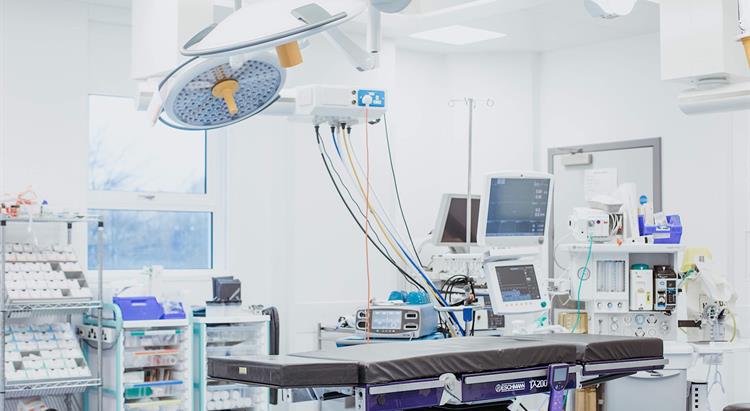06 September 2019

A nurse and a pharmacist are calling on islanders to learn the symptoms of sepsis, a potentially deadly illness which strikes an estimated 30 million people worldwide each year.
To mark World Sepsis Day, which falls on 13 September, Jersey General Hospital nurse Sharleane Le Heuze, a Clinical Skills Lead for sepsis, and antimicrobial pharmacist Adam Leversuch are leading a campaign to help raise awareness across Health and Community Services, paramedics, community healthcare teams and islanders about the condition.
Sepsis is the body’s over reactive response to infection resulting in it attacking its own tissues and organs. Ultimately, if left untreated, sepsis can result in death. According to the charity the Sepsis Trust, it is estimated that 52,000 people lose their lives to the condition in the UK every year. Work is currently being carried out to establish the number of sepsis cases that occur in Jersey.
Ms Le Heuze said: “Sepsis is a very serious condition which can present very differently from one person to another. It can look just like flu, gastroenteritis or a chest infection and sometimes you may only have one of the life-threatening symptoms.”
Mr Leversuch added: “The key message of World Sepsis Day is to promote professional and public awareness of the signs and symptoms of sepsis. Around 70 percent of sepsis cases start in the community so it’s important we are all aware of the signs. In doing so we can support the timely management of this condition including the appropriate prompt administration of life-saving antibiotics. We are not advocating overuse of antibiotics, but that individuals seek prompt medical care to ensure early accurate diagnosis and treatment.”
On World Sepsis Day (Friday 13 September) a stall with information leaflets about the condition will be up in the reception area of the General Hospital.
How to spot sepsis in adults:
Seek medical help urgently if you develop any of these signs:
Slurred speech or confusion
Extreme shivering or muscle pain
Passing no urine (in a day)
Severe breathlessness
It feels like you’re going to die
Skin mottled or discoloured
How to spot sepsis in children:
If your child is unwell with either a fever or very low temperature (or has had a fever in the last 24 hours), call 999 and ask “Could it be sepsis?”
A child may have sepsis if he or she:
- Is breathing very fast
- Has a “fit” or convulsion
- Looks mottled, bluish or pale
- Has a rash that does not fade when you press it
- Is very lethargic or difficult to wake
- Feels abnormally cold to touch
A child under five may have sepsis if he or she:
- Is not feeding
- Is vomiting repeatedly
- Has not passed urine for 12 hours